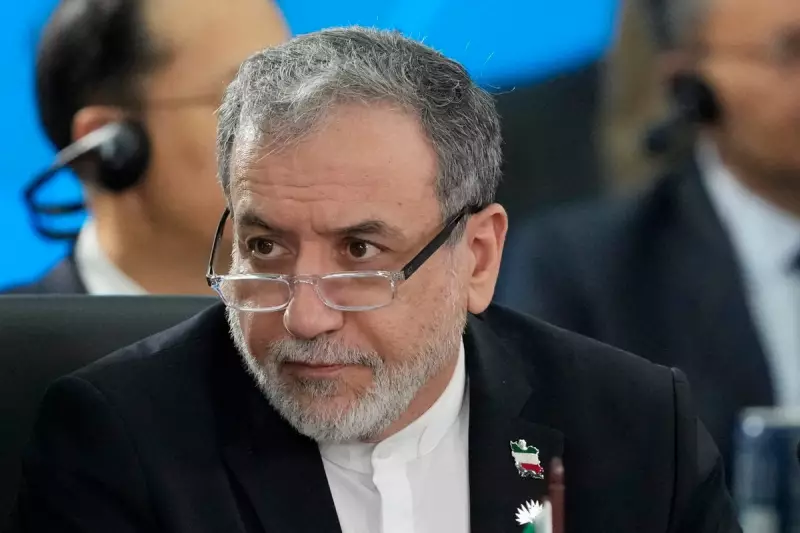
The head of the United Nations' nuclear watchdog has issued a stark and urgent warning to Iran, demanding immediate transparency and cooperation. Rafael Grossi, Director General of the International Atomic Energy Agency (IAEA), stated that Tehran must provide technically credible explanations for traces of uranium found at several undeclared sites.
This public rebuke underscores the rapidly deteriorating relationship between the IAEA and the Iranian regime. Mr Grossi expressed profound concern that the agency could no longer provide assurance that Iran's nuclear programme is entirely peaceful.
A Programme Advancing at an Alarming Rate
Iran's nuclear activities are not just shrouded in secrecy; they are accelerating at a worrying pace. The country is now enriching uranium to unprecedented levels, up to 60% purity. This is a significant step towards the 90% enrichment level required for a nuclear weapon.
Furthermore, Iran's stockpile of enriched uranium continues to grow, far exceeding the limits set by the now-defunct 2015 nuclear deal, the Joint Comprehensive Plan of Action (JCPOA). This combination of high enrichment and a large stockpile significantly shortens the time Iran would need to produce a functional nuclear device, should it choose to do so.
The Stumbling Block: Undeclared Sites and unanswered Questions
The core of the current crisis lies in Iran's refusal to address the IAEA's long-standing questions. The agency has been seeking answers for years regarding the discovery of man-made uranium particles at locations that Iran never declared as nuclear sites.
Mr Grossi's statement makes it clear that patience is wearing thin. He emphasised that the IAEA will not dilute its safeguards standards and cannot simply close its investigation without receiving satisfactory answers from Tehran. This lack of cooperation prevents the IAEA from providing any guarantees about the peaceful nature of Iran's ambitions.
International Diplomacy at an Impasse
The IAEA's warning highlights a broader failure of international diplomacy. Efforts to revive the JCPOA have completely stalled, leaving a vacuum with no clear diplomatic path forward. The international community is now faced with a rapidly advancing Iranian nuclear programme and a regime that appears increasingly unwilling to engage in good faith.
This standoff raises the spectre of a major global non-proliferation crisis and places significant pressure on world powers to devise a new strategy to address Iran's nuclear ambitions before the situation escalates further.





